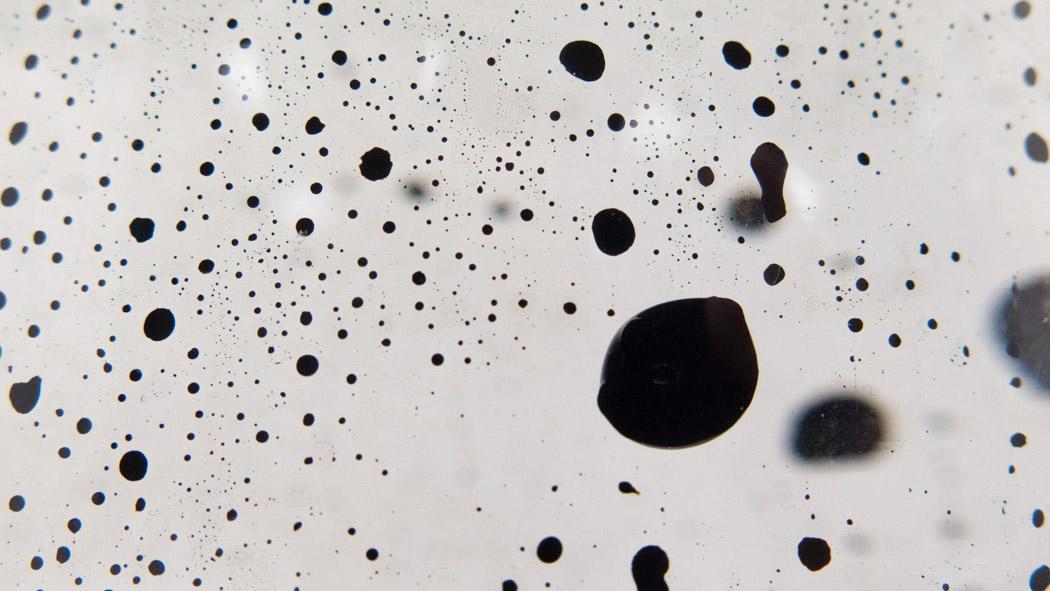Petroleum oil from spills and leaks can interact with corals both at the water's surface (floating whole oil) and at depth (dissolved oil compounds). This can affect adult corals on the sea floor as well as impede coral reproduction and recruitment at several points during early coral development.
However, pollutants such as petroleum oils rarely act in isolation, and need to be considered along with other stressors. Coral reefs in clear waters are naturally exposed to high levels of ultraviolet radiation (UV) and this can increase the toxicity of some components in petroleum oils. Additionally, projected future increases in sea temperature due to climate change may also affect the toxicity of oils to corals.
This project investigates the effects of UV and high temperature on petroleum oil toxicity to the sensitive early coral life stages fertilisation and larvae under controlled laboratory conditions.
These results can be used by industry and regulators to assess the risks posed to corals by spills and leaks and will provide important insights into how the hazard posed by oil spills may change under current marine heatwave conditions and in the coming century under continued climate change.

